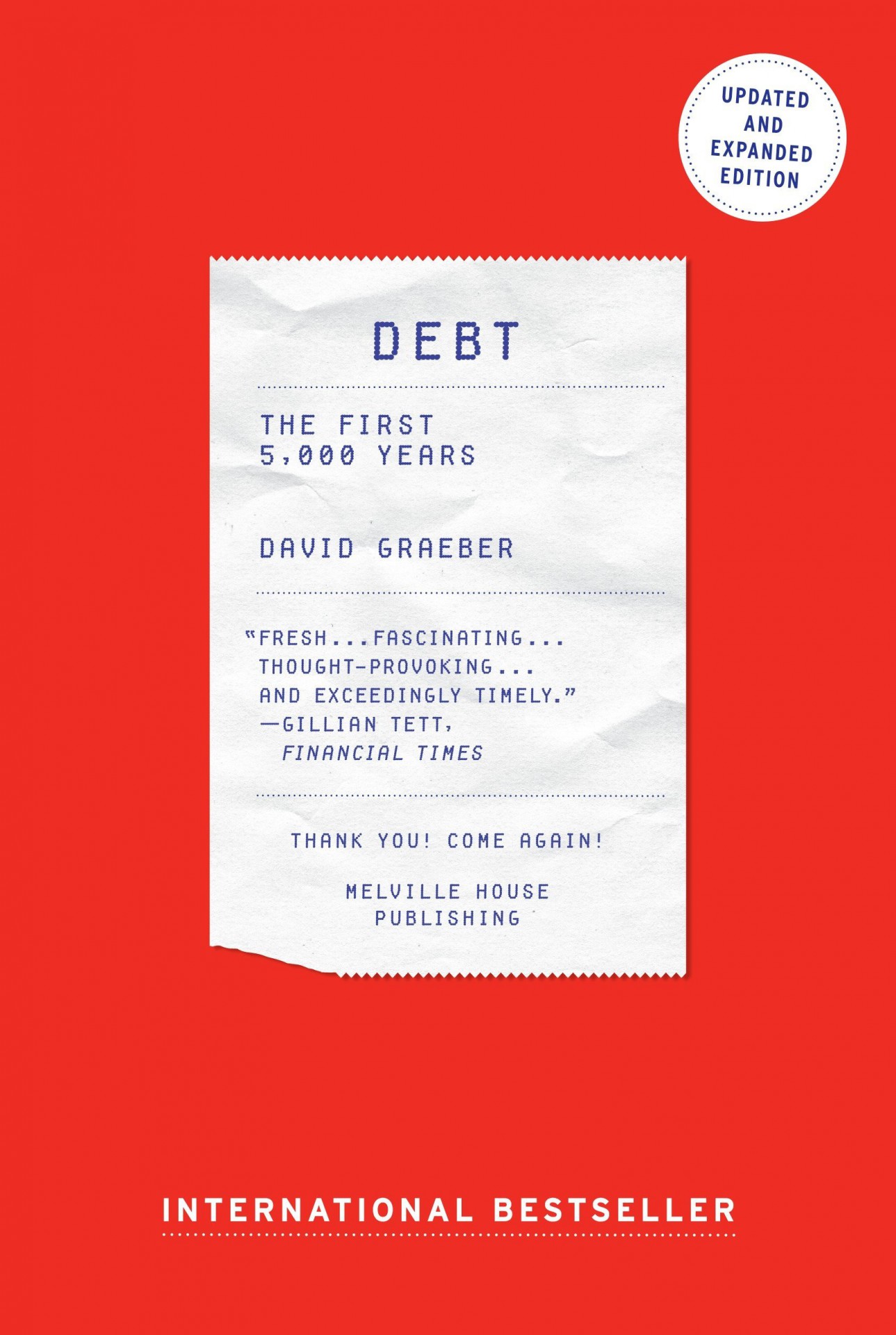Skylight Books event about “Debt: The First 5,000 Years”
2 Feb 2012
Skylight Books Podcast Series: Debt: The First 5,000 Years (Melville House)
Acclaimed anthropologist and author David Graeber Direct Action) visits Skylight Books to discuss and sign his fascinating new book, Debt: The First 5,000 Years, a timely study of the ancient origins of our system of credit and debt.
Backstory to the book. Average person thinks that anarchism is insane. It started to make sense for David Graeber with the case of Madagascar. Rural people were champions of passive resistance. IMF structural adjustment policies had a deep impact on the country, including 10,000 people dying of malaria. It was puzzling that paying debts is the only moral issue in this situation. Debt is a product of power relations.
Most transactions throughout history have used credit, not coinage. Almost all the language about sins (reckoning, trespasses, redemption) is actually taken from bronze age finance. But at that time it was customary to cancel debts periodically. Language about sins could have been the language of politics and in this setting, talking about debts is safer than talking about equality. Conquered nations had to pay taxes.
If everything is seen as an exchange then everything is debt. A little bit of debt is good, it provided a reason for socialising and it didn’t need to be exact, but a total debt trap was to be avoided. Exact measurements only start with military operations. This also stops the cycle of debt cancellation and then anti-war religion movements are trying to solve the problem, but eventually fail and transactions fall back to credit money. Backward trend started in 1450 gold and silver flowing in, slavery and standing armies reappeared. Giving up the gold standard in the 1970s and moving to credit money was nothing new. It is actually the original form of money. When money is IOU (I owe you), debtors need protection, not the exact opposite – protecting creditors from debtors – what the IMF does. However, if the cycle is ca 500 years, we are only 30 years in. There are social movements searching for new solutions.
Skylight Books in LOS ANGELES

